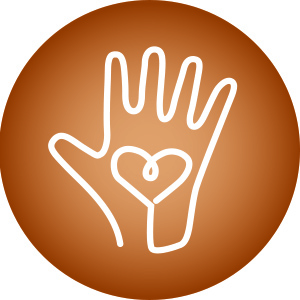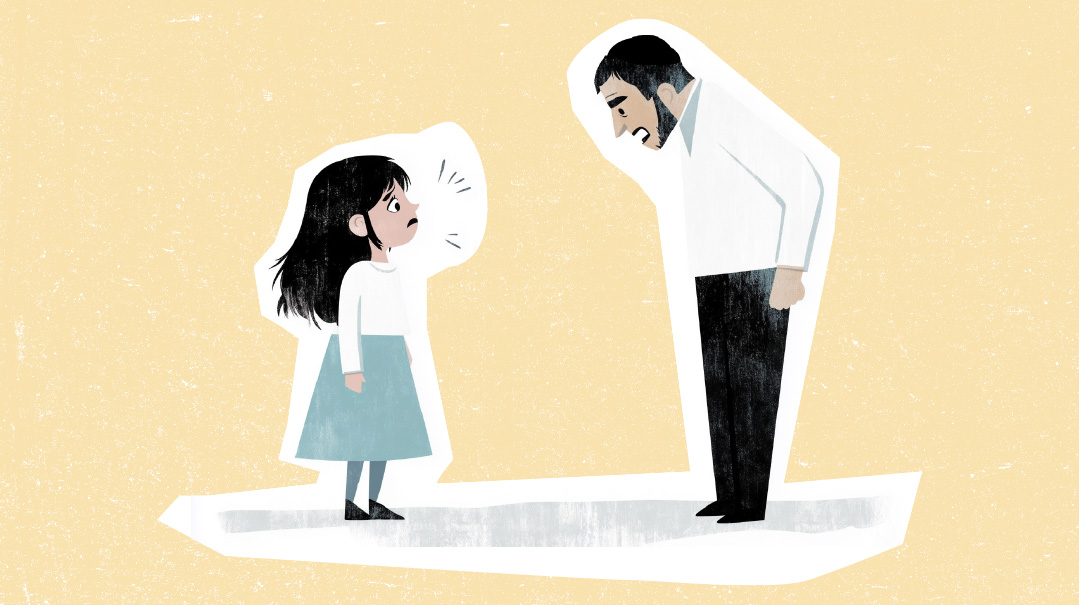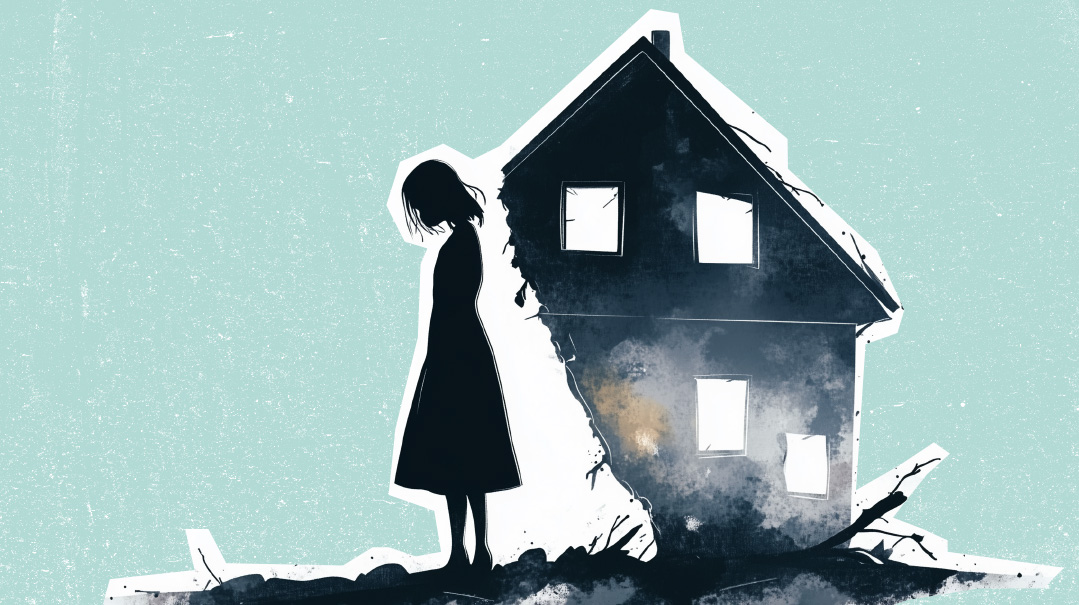“How Do I Stop My Son from Biting His Nails?”

All nervous habits are the result of the brain’s instinctive strategies for self-soothing

My seven-year-old has started to bite his nails. He was always a very sensory-seeking child, constantly fidgeting with something, and now he’s found an outlet that’s always available: his nails. It’s gotten so bad, he even bites the skin of the tops of his fingers and they bleed sometimes. What’s the best way to put a stop to this?
Most childhood nail-biting is harmless and transitory, disappearing over time without parental intervention. But without an intentional and dedicated protocol for healing, some children will persist in the habit all the way to and through adulthood.
Onychophagia (nail-biting disorder) is part of a larger medical condition called onychotillomania, which includes nail-biting, nail picking, and finger sucking. Some kids are more likely candidates for this diagnosis than others, notably those with close family members who have similar habits such as trichotillomania (hair/eyelash pulling), lip peeling, or skin picking disorders, ADHD, OCD, Tourette syndrome, and other neurodiversities.
Whatever the etiology, once the nail bed is damaged or there is cuticle damage or bleeding, it’s is time to upgrade the issue from an “annoying habit” to a “medical condition” as damaged nails can lead to infections.
Try the steps below with your son, but if the nail-biting doesn’t stop, then consult a behavioral therapist — someone who can offer an intervention called Habit Reversal Therapy. This will most often be a psychologist or other specially trained mental health professional.
It’s important to note that all nervous habits are the result of the brain’s instinctive strategies for self-soothing. Even in the absence of neurological issues, children and adults will find themselves tapping their fingers, twirling their hair, or fiddling with some object when they’re bored or anxious. The hands and mouth are particularly powerful channels for emotional regulation.
Severe nail biting is an exaggerated use of this normal tendency that starts off with agitation, boredom, or stress, but in the aforementioned vulnerable groups, it can morph into a compulsive disorder.
Help your child become aware of uncomfortable feelings by naming them when you see him biting his nails: “You seem bored, honey.” Teach him about the connection between these feelings and his desire to chew his nails. Tell him you’ll help him find new, safer ways to handle those uncomfortable feelings.
Girls can use jewelry such as fidget rings and bracelets to redirect their desire for hand-based emotional regulation. You might be able to source out a “manly” type of wrist band (or perhaps an interesting, textured watch band or some fidget toy that dangles unobtrusively from his belt) that can be used for fiddling purposes when he’s in a low-energy or anxious state. Worry stones provide similar support.
You can also teach a less harmful form of finger-based stimulation: Show the child how to do a bit of hand reflexology. This latter strategy provides the deepest form of healing, as energetic blockages are cleared resulting in a deeper state of calm and balance. Information on hand reflexology for stress reduction is easily accessible in books and videos.
It’s essential to redirect the nail-biting behavior rather than just ask the child to stop it. In fact, it’s essential to refrain from the “please stop doing that” approach! The behavior is serving a purpose (raising energy or calming mood), and that purpose needs to be addressed in order for the behavior to be addressed.
Consistency is key to successful treatment. Therefore, whenever nail biting occurs, it should be redirected. A small agreed-upon hand signal or word can be employed to bring the child’s awareness to his (usually mindless/subconscious) nail-biting activity so he can redirect himself.
In addition, all activities and interventions that balance the nervous system can reduce the tendency to chew on nails. Treatment with Bach Flower Remedies, essential oils, and nutritional supplements that treat anxious and agitated feelings can all help.
Similarly, there’s great benefit in ensuring that your child has regular physical exercise, that he can utilize a simple breath-based relaxation strategy, and that he knows how to express feelings in words or art. Learn and use emotional coaching strategies to help your child process daily negative emotions and stress.
Professional counseling is recommended when nail biting starts after the occurrence of intense emotional triggers such as divorce or other serious family issues, academic issues, bullying, and other social and personal stressors. In most cases of serious nail-biting disorders, behavioral therapy will be necessary in addition to mental health counseling. But first, see what you can accomplish together at home.
Have a question for Mrs. Radcliffe? Send your queries about parenting or personal growth to familyfirst@mishpacha.com
(Originally featured in Family First, Issue 790)
Oops! We could not locate your form.





